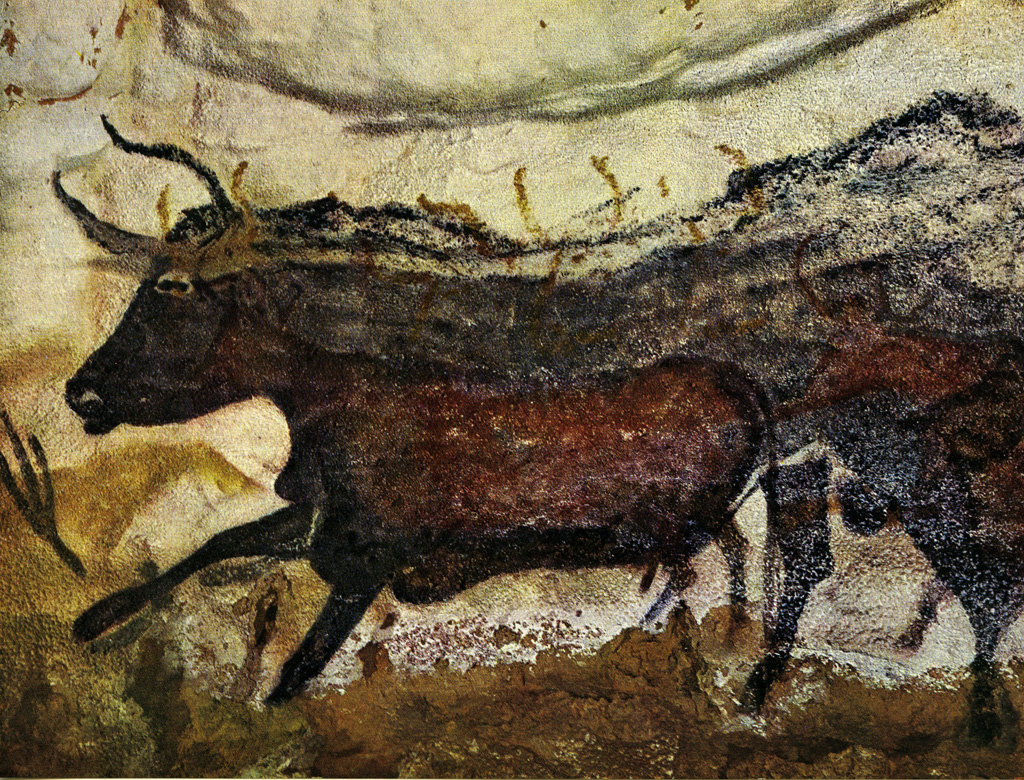The Sacred Kill
Joseph
Campbell is a mythologist who studied the beliefs and stories of people
all over the world. In looking for universal themes, he made a distinction
between elementary forms and the local variations. Hunting people everywhere
had a similar hunting mythology.
"The total worth of the community of Paleolithic man in Europe was
derived from the animal world. They ate nothing but meat. The clothes
they wore and the lodges they lived in were made of animal skin. Every
day was killing. The winning of the food was the work of the male. In
these hunter societies the aggressive masculine principle was predominant.
These were nomadic, masculine oriented, warrior people, killing animals
every day, living in blood."
"A mythology comes into being to protect the pysche from the impact of what it is doing. The mythology of all these races is based on the idea that there is no death. The individual comes and goes. When you kill him all you do is take his body off. His life goes back. The blood must be poured back into the ground. The life is in the blood, the earth is the womb, and the animal will be back again. This is a basic hunting rite of all peoples. Similarly the individual human is everlasting. This is a mythology of no death with great stress on the individual as an eternally enduring creature and great stresss on the individual's power. This is a culture of shamans and warriors."(Campbell, "Mythology")
Reconciling this fundamental fact, the necessity of death, the need to kill and eat, the foreknowledge of death, is the foundation of religious thought. Campbell says, "the mystery of death and the mind's requirement to come to terms with it have been everywhere the prime inspiration of spiritual inquiry and practice... the killing and eating of other living beings is the one daily requirement of all human, as well as animal life" (Campbell-2, xiv). In the modern religions of the West, God is not in the creation, but for primitive people, the landscape and the animals are spiritual objects. This would apply also to the animals killed. A way of thinking is developed in which the animal is a willing and necessary sacrifice, but the spirit of the animal must return for another hunt. It is the self-sacrifice of the animal, and the taking of the animal with neither fear nor anxiety, that is the mythology of the hunting tribes. If done correctly, the animal will be back next year.

Prehistoric Painting: Lascaux - or the Birth of Art, text by Georges Bataille, photos by Hans Hinz, Claudio Emmer. Albert Skira publisher, Switzerland, 1955.